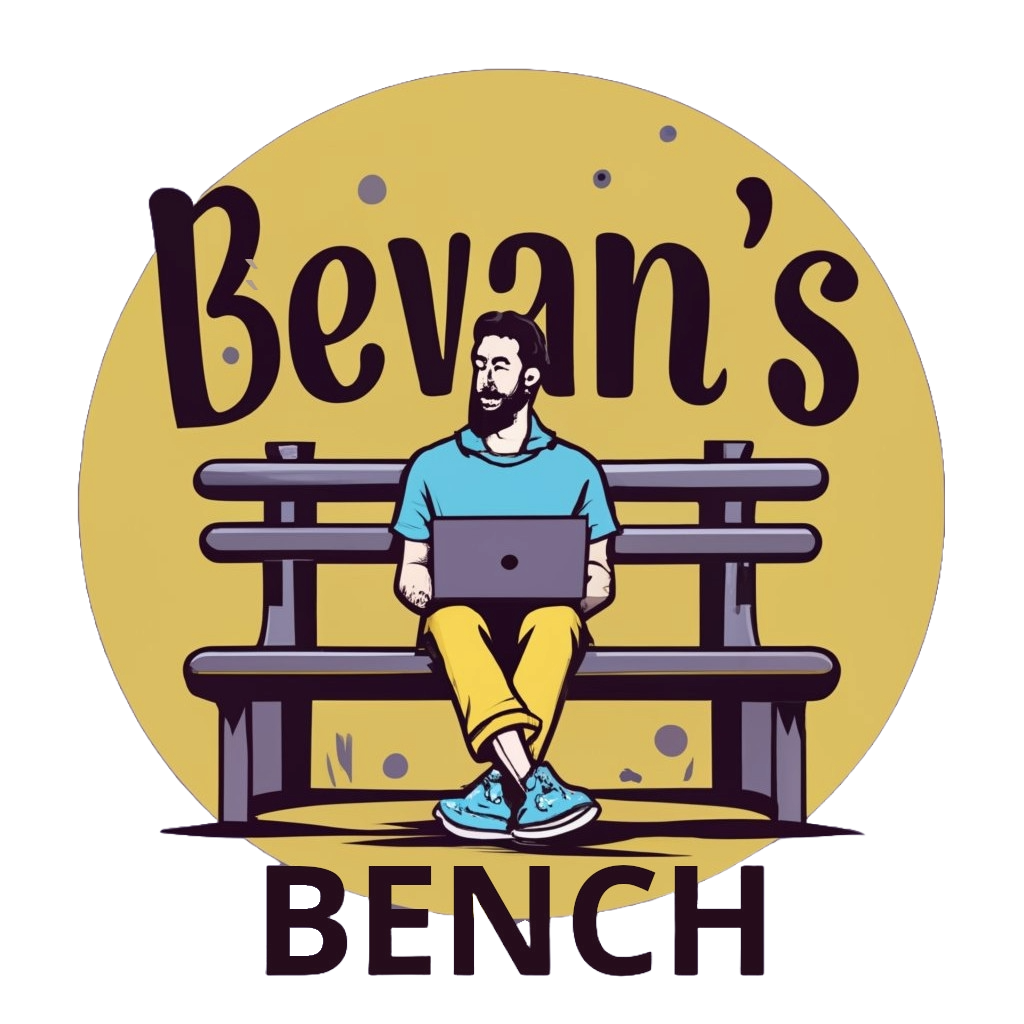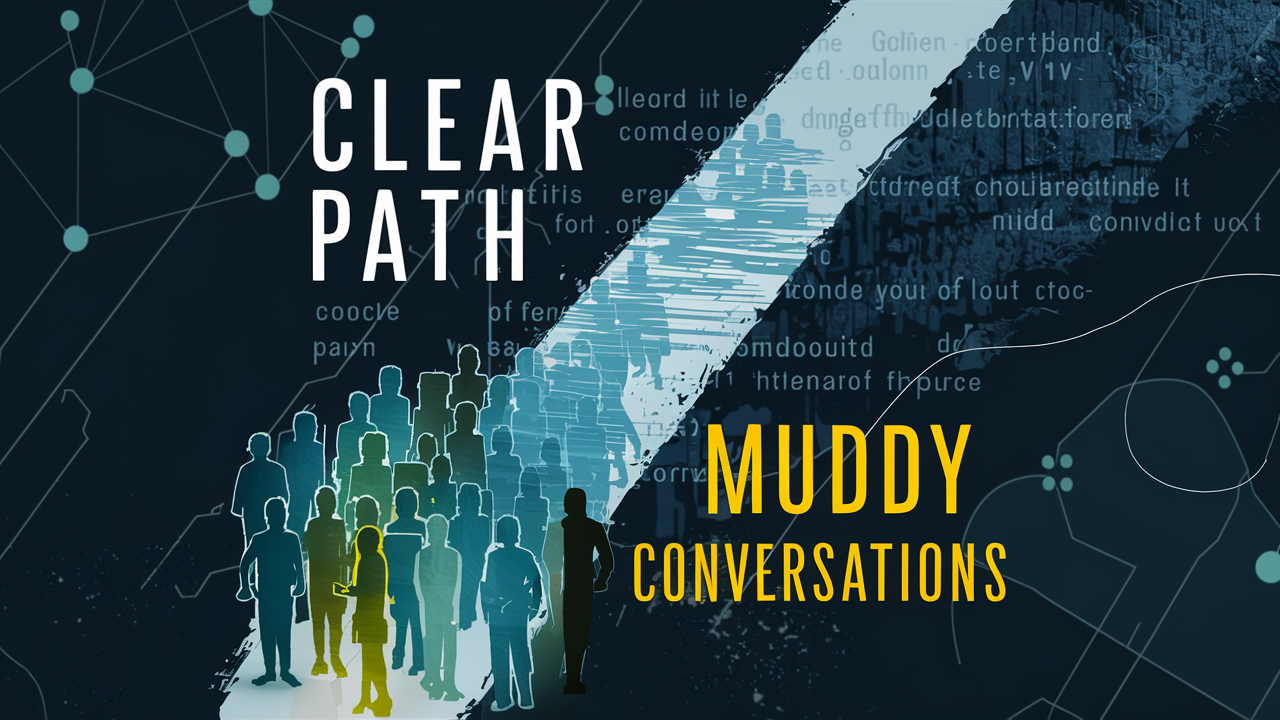Media
A Clear Path Through Open Source's Muddy Conversations
The world of open source development thrives on collaboration, uniting diverse minds from around the globe. Yet, one pervasive challenge threatens this unity: the complexity of communication. But what if I told you that one small change in how we communicate could dramatically alter our project outcomes? Imagine a world where every contribution to an open-source project is as clear as day, where the barrier of jargon and abbreviations doesn't exist. According to a McKinsey & Company report, embracing open and clear communication can significantly boost productivity, with teams experiencing up to a 5x increase in effectiveness, particularly in remote settings.
What happens when the clarity we seek is overshadowed by a maze of abbreviations and technical jargon? Amidst our quest for clarity, there's a powerful, yet often overlooked insight that could transform our communication. What is it? The answer lies in lessons from beyond the tech world.
A Drupal Developer's Perspective
In my engagement with a Drupal project issue, the complexity of open-source communication was brought into sharp focus. We're often navigating a maze: Untangling disjointed discussions, understanding the technical nuances of the issue, and decoding the code itself. The complexity of open-source communication is striking. Abbreviations like IIUC (If I Understand Correctly), IOW (In Other Words), LoC (Lines of Code) and many more are intended to streamline communication, yet they often complicate discussions instead, especially in a space where contributors’ approaches to communication vary widely.
How do these communication practices resonate within the broader community? In a revealing Slack conversation with fellow developers, a spectrum of views came to light—from staunch defenders of abbreviation efficiency to advocates for unambiguous clarity. Each perspective offered a unique lens on our collective challenge: balancing efficiency with inclusivity in our dialogue.
This conversation brings us to an important point: if the desire for convenience through abbreviations can unintentionally exclude or confuse, might we need to reevaluate our communication strategies altogether?
The Case Against Overusing Abbreviations
As contributors from various backgrounds and skill levels work together to innovate and solve problems, it becomes clearer that we need accessible language. The Plain Language Action and Information Network, a U.S. federal initiative, has long advocated for the minimization of abbreviations in communication, emphasizing that clarity should never be sacrificed for convenience. Recognizing the potential for confusion abbreviations bring, it's clear we need a shift towards more universally understandable communication strategies. For more on the impact of abbreviations in communication, see insights from Life Alofa and APS on scientific communication.
The overuse of abbreviations is described by Joseph Kimble, in his book 'Lifting the Fog of Legalese: Essays on Plain Language', as a “menace to prose.”.
So, how do we overcome these challenges and foster a more inclusive environment within our projects?
Best Practices in Team Communications
As GitLab outlines, effective dialogue between team members and leaders significantly contributes to breaking down silos, fostering a culture of cooperation and transparency.
Embracing plain language in open source projects is not just about enhancing clarity; it's a crucial step towards ensuring accessibility. As stated by Accessibility.com, 'Plain language can be understood the first time it is read or heard,' underlining the importance of making communication accessible to all.
So, how do we implement such a shift in our day-to-day interactions within open-source projects?
Learning from the Federal Plain Language Guidelines
The Federal Plain Language Guidelines, developed by U.S. government experts, offer valuable insights into the importance of simplicity in communication. By advising against the use of jargon and minimising abbreviations, these guidelines aim to make information accessible to the widest possible audience. Complementing these principles, the Australian Government Style Manual similarly advocates for clear communication.
Drawing inspiration from these guidelines, we can pave the way for more inclusive and accessible communication. Let's delve into concrete steps that open source communities can take to adapt and be inspired by these principles, and enhance communication.
Moving Forward: Recommendations for Open Source Communities
To foster an inclusive and collaborative environment, open source communities can take proactive steps to reduce the reliance on abbreviations in communication:
- Take Initiative to Ask: Empower every member of the community to actively seek understanding. When faced with unclear language, abbreviations, or jargon, ask for clarification. This proactive approach not only aids personal comprehension but also signals to others the need for clearer communication.
- Adapt and Promote Communication Guidelines: Encourage the adoption of communication standards that prioritise clarity and inclusivity, drawing inspiration from the Federal Plain Language Guidelines established by the U.S. government.
- Educate and Raise Awareness: Offer resources and training to community members on the importance of clear communication and the potential barriers created by excessive use of abbreviations.
- Lead by Example: Project leaders and core contributors can model clear communication practices, demonstrating the value of simplicity in project documentation, issue tracking, and discussion forums.
By implementing these strategies, we pave the way for a more inclusive and innovative environment.
Building an Inclusive Open Source Community
As we strive to advance collaboration and innovation in the open-source community, let us not overlook the power of clear and accessible communication. By reducing our reliance on abbreviations and embracing straightforward language, we can create a more inclusive environment where all contributors feel valued and empowered.
Together, we can ensure that open source remains a vibrant and welcoming space for innovation.


